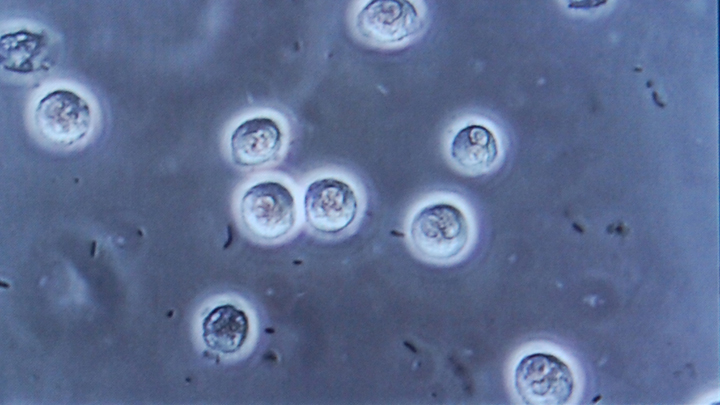UTIs: could medications be doing more harm than good?


It’s a personal topic but it’s something that affects 1 in 2 women and 1 in 20 men in their lifetime: urinary tract infections. Usually when we contract one, we head to our doctors, but are the antibiotics causing more harm than good?
As it is such a common infection, we’re bound to have it more than once, though scientists have warned that repeated use of UTI medications can reduce the effectiveness of the treatment – there has been a rise in antibiotic-resistant strains. Scientists are creating a new alternative to antibiotics: a treatment that prevents the UTI bacteria from ever sticking to urinary tract walls. This will reduce the use of antibiotics, which will be good news for those of us who take a number of different medications already and some can have side effects when mixed.
Antibiotic resistance is a form of drug resistance where a microorganism survives even after contact with an antibiotic. When it survives, it can continue to reoccur, which is why some of us have persistent UTIs.
Currently, you will usually be prescribed an antibiotic for a UTI but as well as building up an immunity over time, your body doesn’t necessarily like this type of medication as it can strip you of good bacteria that can help you avoid more UTIs or yeasts infections.
So with this new way of treating UTIs is a year or so away from our shelves, prevention is always the best method. Urinary tract infections can be caused by an infected prostate, accidental contamination from a bowel movement or sexual activity, so it’s important to take care when wiping or having sex. Doctors recommend urinating immediately after sex to prevent UTIs before they begin and also consuming cranberry products and food rich in calcium and magnesium.








 Proudly Australian owned and operated
Proudly Australian owned and operated